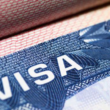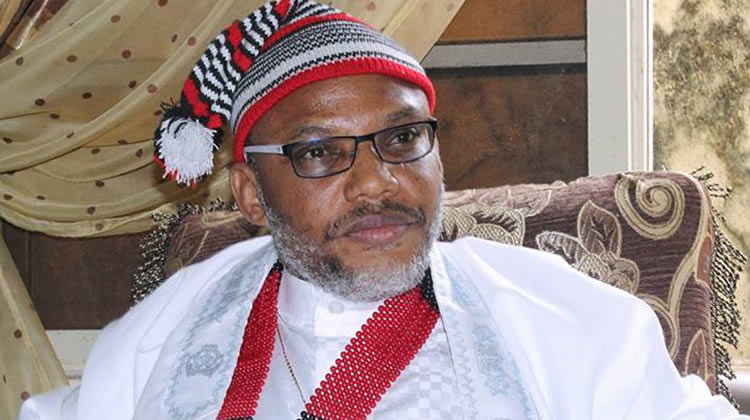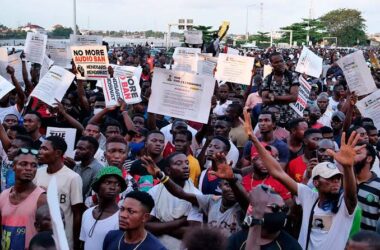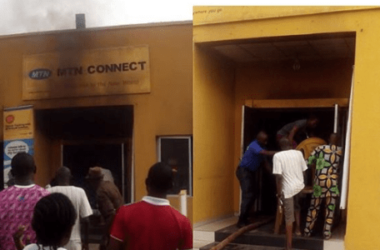The Federal High Court in Abuja has dismissed evidence presented by the Federal Government in its trial against Nnamdi Kanu, the leader of the banned Indigenous People of Biafra (IPOB).
Justice James Omotosho, who presided over the matter, ruled that the confessional statements made by Kanu in 2015 were inadmissible in court due to the absence of his legal counsel during the time the statements were taken.
During Thursday’s session, the court agreed with the submission of Kanu’s lead counsel, Paul Erokoro, SAN, who argued that the Nigerian Supreme Court had made it clear in previous judgments that a suspect must have access to legal representation when making statements.
Justice Omotosho noted that even though Section 17(2) of the Administration of Criminal Justice Act (ACJA) 2015 uses the word “may”, meaning the presence of a lawyer might not be mandatory under that law, the decisions of the Supreme Court take precedence and require a lawyer to be present.
The court had earlier paused proceedings to rule on whether or not to admit the statements and video recordings presented by the prosecution. These recordings, according to the prosecution, were interviews conducted by the Department of State Services (DSS) with Kanu in October and November 2015.
Justice Omotosho pointed out that the law and previous rulings from the Supreme Court stress that the presence of a legal representative during such recordings is linked to a defendant’s fundamental rights. The court noted that while the videos showed Kanu in a calm state during the interviews, it could not ignore his repeated claims in the videos that he was speaking without his lawyer present.
As a result, the judge ruled that the statements made by Kanu in October and November 2015, along with their accompanying video evidence, were not admissible. These materials had previously been admitted by the court on Wednesday, labeled as Exhibits PWQ and PWR, but were officially rejected and struck out from the record following Thursday’s ruling.
“The statements are inadmissible in light of this omission by the prosecution,” Justice Omotosho said, adding that the evidence did not meet the required legal standard due to the absence of counsel.
The ruling followed a “trial-within-a-trial” which was held to determine whether Kanu’s statements were given voluntarily. During this separate hearing, Kanu alleged that DSS officials coerced him, denied him access to his lawyer, and threatened his chances of getting bail. He also claimed that the video evidence had been edited and that he was asked to implicate former President Goodluck Jonathan and former Imo Governor Rochas Okorocha.
In response, a DSS witness denied the allegations, saying Kanu was treated well and given special attention, including bottled water during his interviews. The witness maintained that Kanu spoke freely and denied that he was ever kept in solitary confinement or underground cells.
Despite the testimony from the DSS, the judge noted that the failure to allow legal counsel during Kanu’s interrogation was a critical legal error that rendered the evidence invalid.










